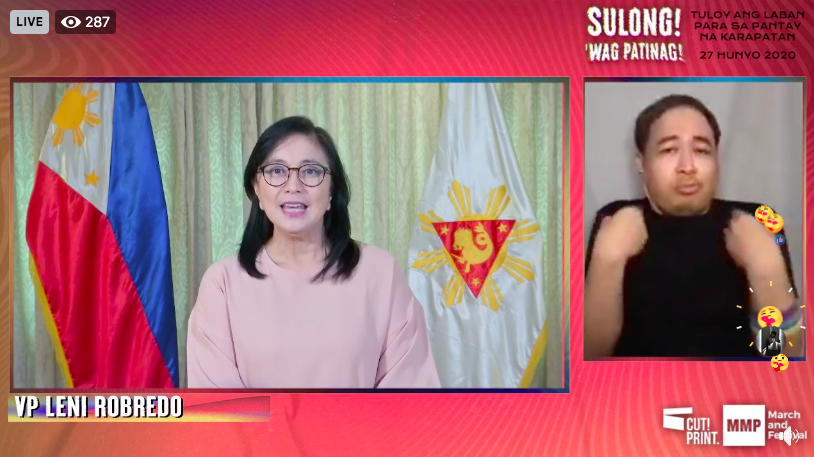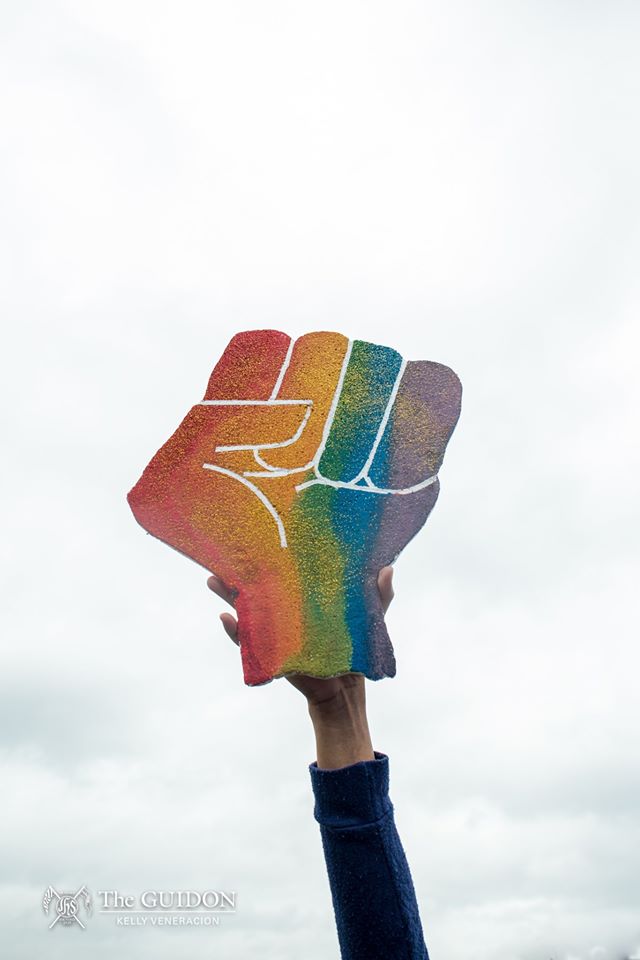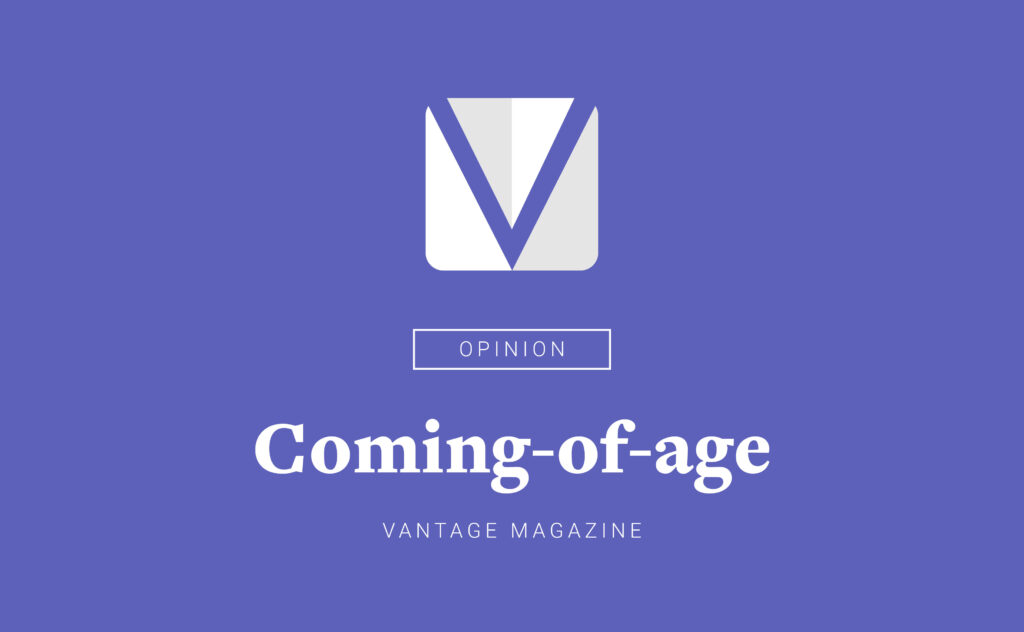Despite the COVID-19 pandemic’s impact on several renowned physical movements and events, the Metro Manila Pride (MMP) persists with its efforts to celebrate the LGBTQIA+ community regardless of the setting. With the Philippines having celebrated Pride March for the past 26 years—making history in 1994 as the first Asian country to celebrate the event—the MMP continues to break records as the largest Pride demonstration in Southeast Asia.
However, with health measures and social distancing guidelines in place, the MMP released a statement last May 11 to announce that its physical March and Festival would be cancelled for public safety reasons. Nonetheless, the MMP has made it possible to celebrate Pride regardless of where one might be—by moving the event and its initiatives online this month.
From the streets to your screens
Throughout June, the MMP conducted various online community Pride initiatives that one could celebrate remotely from their home. These events were promoted on their social media accounts and varied in niche from mindfulness and movement classes to celebrations of LGBTQIA+ artists and activists. Additionally, the MMP released informative infographics regarding various local issues that concern the LGBTQIA+ community such as the concepts of cisheteropatriarchy, transmisia, and transmisogyny. These collaterals were released in the hopes of raising awareness and correcting misconceptions of identities within the LGBTQIA+ community, which would eventually serve as a stepping stone for their thrust for the year.
Under the banner of MMP’s manifesto “Sulong! ‘Wag Patinag!: Tuloy ang laban para sa pantay na karapatan (Onward! Do not be intimidated!: The fight for equal rights continues),” the MMP asserted that in the face of adversity, the image of Pride will always remain: It is a movement of the LGBTQIA+ community that Filipinos have historically fought alongside other marginalized sectors to champion human rights.
The MMP hosted the initiative via a livestream on their Facebook page on the same day that the physical Pride event would have happened. Numerous personalities from varying walks of life such as spoken word poet Juan Miguel Severo, Kapamilya actress Kathryn Bernardo, and Congresswoman Sarah Jane Elago expressed their support for Pride.Vice President Leni Robredo was another notable speaker among the celebrities and representatives who attended the online Pride March and Festival. During her speech, Robredo encouraged the LGBTQIA+ community to continue the fight for equal rights and representation, assuring audiences that all the effort would one day pay off. “Sa pagbuo natin ng isang bago at mas makatarungang mundo, wag sana kayo panghinaan ng loob (As we try to form a more just world, may you not lose courage),” she encouraged the livestream attendees.

The fight continues virtually
Amid these trying times, Pride persists to be a movement necessary for all to honor—especially as its roots of resistance against police brutality and tyranny remain relevant to this day. Pride can be traced to June 1969, when New York City gay bar Stonewall Inn was raided by policemen, followed by the patrons fighting back. The uprising then sparked rallies and riots in the days to follow. Since then, Stonewall continues to be recognized as a catalyst of the gay rights movements around the world.
It has been 51 years since the Stonewall incident, yet police brutality and widespread discrimination against the community continue to pervade contemporary society. Just one day shy of MMP’s main digital Pride program last June 27, 20 individuals were arrested at a Pride March in Mendiola despite observing physical distancing and public health protocols. The rally was dispersed on grounds of the Public Assembly Act. However, human rights lawyers had previously stressed on the eve of Independence Day that the public health law did not prohibit rallies.
Social media users were quick to condemn the arrest with the hashtag #FreePride20, which coincided with the MMP releasing a public statement in solidarity with the detainees, stressing the questionable grounds of arrest. While the protesters were released from illegal detention five days after their arrest, the MMP continues to insist that now is a time to resist against oppressive regimes by rising above the noise and calling for equality. In a post-online March statement, the MMP asserted, “Sa harap ng pananakot at dahas, hindi nila kayang lipulin ang ating mga kulay, ang ating mga tinig (Despite intimidation and violence, they cannot destroy our colors [or] our voices.)”
Whether the causes of Pride are fought in Stonewall or Mendiola, one thing remains true: Pride doesn’t end in June. It persists to be a year-long commitment of fighting tyranny and oppression.
If all goes well, MMP hopes to conduct a physical March and Festival next June. As we await the day that it is safe enough for the LGBTQIA+ community and allies to return to the streets they once marched on, we welcome Pride into our homes in the meantime—and find ways to resist together wherever we may be.






